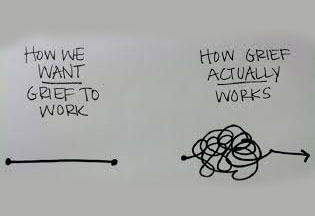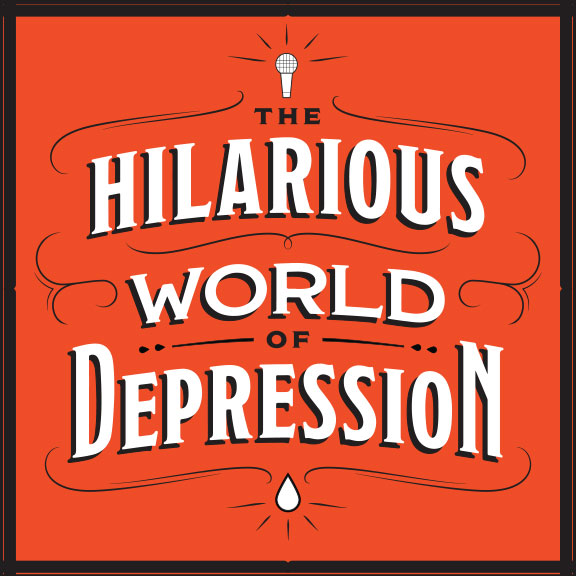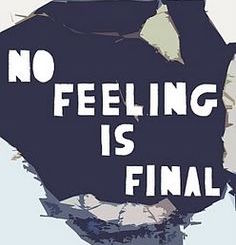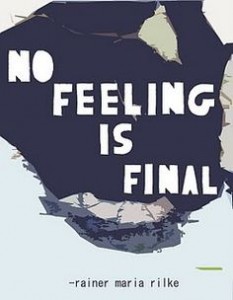Separating Suicide Facts from Myths
 My heart has been hurting these past few weeks as I’ve been following a terrible story unfolding in the news. A teen was suicidal; his girlfriend urged him, via text messages, to actually kill himself. He did. She’s now been found guilty of involuntary manslaughter.
My heart has been hurting these past few weeks as I’ve been following a terrible story unfolding in the news. A teen was suicidal; his girlfriend urged him, via text messages, to actually kill himself. He did. She’s now been found guilty of involuntary manslaughter.
Everything about this story is awful, and this tragedy likely could have been avoided. Many people experience thoughts of “I just want this to end” at some point in their lives, and we know that most people who survive suicide attempts and live to recover from depression end up incredibly glad that they are alive.
Based on my professional experience, I want to mention a few specific points that are important for us all to know:
- If you think a loved one may be depressed or suicidal, it’s always, always, always worth getting them evaluated by a therapist or at a hospital. Here’s a good resource on identifying warning signs. There is no reason to wait.
- No matter our age, depression and anxiety almost always cloud our judgment. For teens, add in a still-evolving sense of self, lack of control (here’s a great YouTube video my teen clients often like on the subject) and a still-developing brain and it’s a recipe for potential trouble.
- You don’t need to tiptoe around the topic of suicide. It’s okay to say “have you been having suicidal thoughts?” This will not plant the idea of suicide in anyone’s mind and it may be a relief to have someone ask directly.
- The suicide case that I started this post with is the exception, not the rule. Many of the teens I’ve counseled over the years have risked important friendships by telling a parent or teacher when a friend has been depressed or suicidal. On the whole, teens, like adults, typically do the right thing — even when it has the potential for major social consequences.







 First: Don’t make major life decisions in the middle of a crisis. If you’re feeling an impulse to make a big change right now, notice that impulse and then do yo
First: Don’t make major life decisions in the middle of a crisis. If you’re feeling an impulse to make a big change right now, notice that impulse and then do yo


